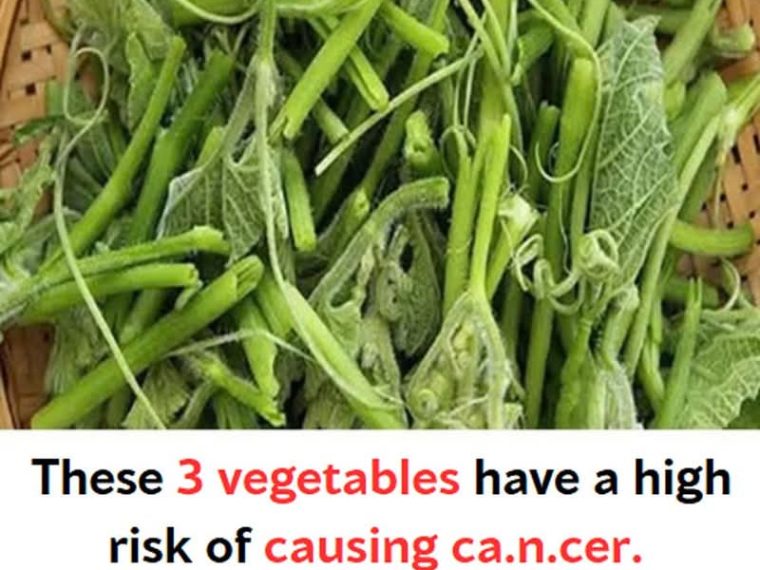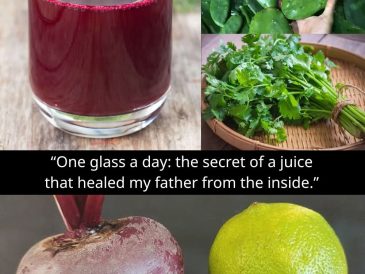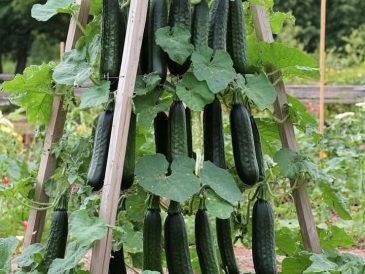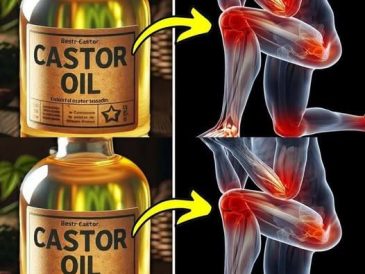⚠️ Why It Can Be Harmful:
- Long-term exposure to certain pesticides (like organophosphates and glyphosate) has been linked to hormonal disruption, DNA damage, and even cancer, especially in children and vulnerable populations.
- Washing alone may not remove all chemical residues.
✅ What You Can Do:
- Choose organic or locally grown leafy greens whenever possible.
- Use a baking soda and water soak to remove surface residues.
- Peel outer leaves and avoid eating heavily damaged leaves (they may contain more pesticide).
- Grow your own greens — it’s easier than you think!
3. Fried Potatoes (Fries & Chips): A Source of Acrylamide
Who doesn’t love golden French fries or crunchy potato chips? Unfortunately, these comfort foods may come with a serious risk. When starchy vegetables like potatoes are cooked at high temperatures (above 120°C / 248°F), they can form acrylamide, a potentially carcinogenic compound.
⚠️ Why It Can Be Harmful:
- Acrylamide forms when sugars and an amino acid (asparagine) react at high temperatures (e.g., frying, baking).
- Animal studies have linked acrylamide to several types of cancer.
- Though human studies are still ongoing, acrylamide is considered a probable human carcinogen by the WHO and IARC.
✅ What You Can Do:
- Boil or steam potatoes instead of frying.
- If baking or roasting, cook at lower temperatures and avoid browning.
- Avoid chips and fries that are very dark or burnt.
- Store potatoes in a cool, not cold place to reduce sugar content (which affects acrylamide formation).
🛡️ Vegetables That May Help Fight Cancer
Rather than fearing vegetables, shift your focus toward cancer-fighting, health-boosting vegetables backed by decades of research:
- 🥦 Broccoli (and other cruciferous vegetables): Contains sulforaphane, which helps fight cancer at the cellular level.
- 🍅 Tomatoes: Rich in lycopene, linked to lower prostate and breast cancer risks.
- 🧄 Garlic & Onions: Contain sulfur compounds that enhance the immune system and may reduce tumor growth.
- 🥕 Carrots: Packed with beta-carotene, associated with reduced risk of lung and colon cancers.
- 🥬 Beets: Contain betalains, powerful antioxidants that may protect against free radical damage.
✅ Final Tips to Stay Safe and Healthy:
- Wash thoroughly: Soak vegetables in vinegar and baking soda or use a produce wash.
- Moderation matters: Even healthy vegetables can be harmful if processed or cooked improperly.
- Cook smart: Avoid burning or over-frying vegetables.
- Buy organic where possible: Especially for high-residue produce like spinach, kale, and bell peppers.
- Stay informed: New research is always emerging. Follow trusted sources like WHO, EWG, and Mayo Clinic.
🗣️ Share With Your Loved Ones
Cancer prevention starts in the kitchen. By understanding the risks and smart practices, you can enjoy a diet full of delicious, health-supporting vegetables — without the hidden dangers.
👉 Share this article with your family and friends so they can also learn how to eat smarter and healthier every day. Prevention is better than cure, and it begins with knowledge.





